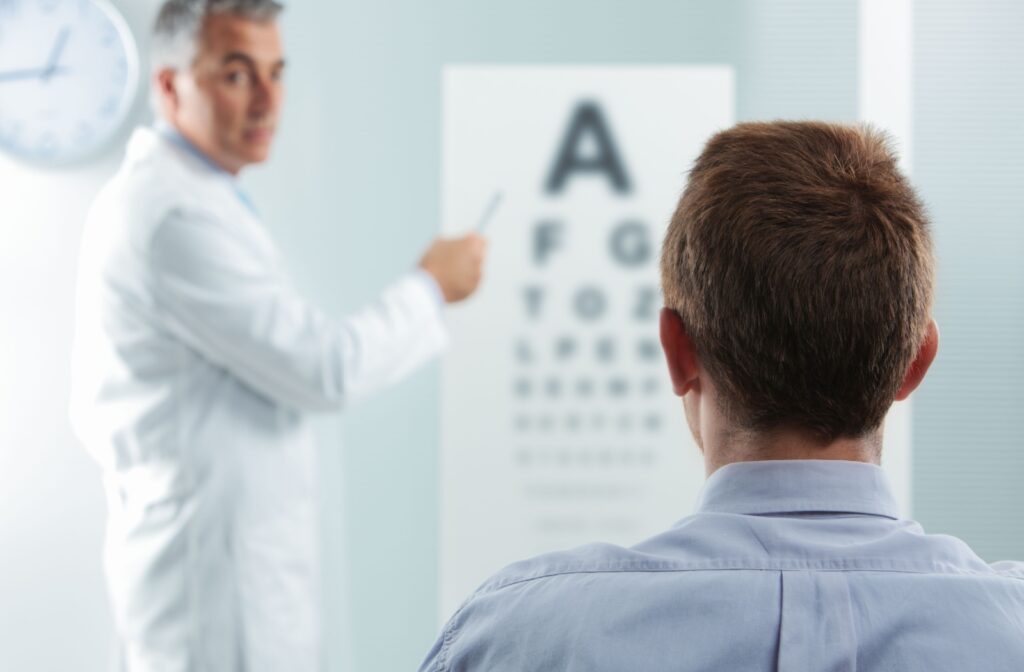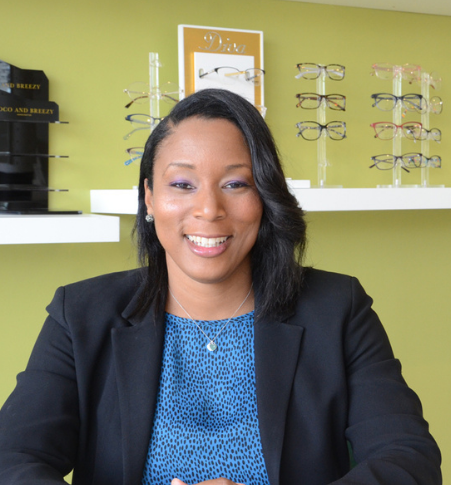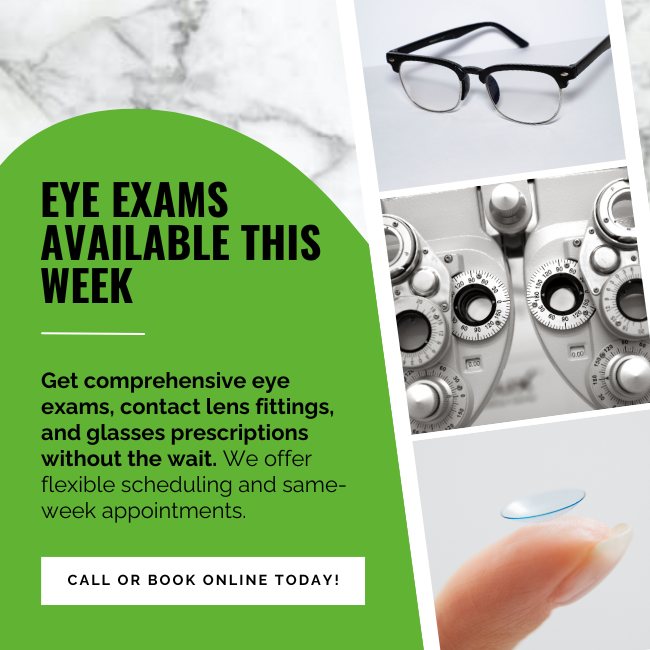Eye health is part of overall health and well-being. Regular eye exams are crucial for maintaining good vision and detecting potential issues early on. But how much time do you need to book your next eye examination?
The average time for an eye exam can range from half an hour to an hour or more, depending on various things such as age, risk factors for developing eye diseases, and medical or eye history.
What Are Eye Exams?
A comprehensive eye exam, much like a physical health exam at your doctor’s, is a series of tests and procedures performed by an optometrist or ophthalmologist to assess the health and function of your eyes. The eye exam process is multifaceted and begins well before you sit down in the examination chair, and can include the following:
- Evaluating your visual acuity
- Checking for any signs of eye diseases or conditions
- Determining if you need corrective prescriptions for glasses or contact lenses
Before an Eye Exam
When you arrive for your appointment, you may need to fill out paperwork and update your medical history. This information is critical as it informs the optometrist of any changes or areas of concern that have developed since your last visit.
Before your eye doctor begins any testing, you can discuss concerns or new symptoms, such as vision blurriness or persistent headaches, for a thorough investigation. You may also have your visual acuity and eye pressure assessments before the main exam.
During the Eye Exam
The eye exam involves a thorough external and internal eye evaluation. Using various instruments and techniques, your eye doctor will check for signs of eye diseases and general health issues that can manifest in the eyes.
Refraction tests are also commonplace. Refraction testing involves seeing through alternated lenses with different powers to find the prescription if visual correction is needed.
Post Eye Exam
Once the eye exam is complete, you’ll discuss the findings with your eye doctor. They may recommend new glasses or contact lenses or advise on a treatment plan for any conditions found.
Types of Eye Exams
Exam types vary considerably based on age, health status, and specific needs. Below, we highlight the primary categories.
Adult & Senior Eye Exams
These exams focus on age-related vision changes and account for conditions like presbyopia and cataracts that commonly develop later in life.
Children’s Eye Exams
School-aged children should have annual eye exams to support their learning and everyday activities. Children’s eye exams help detect issues early, as their eyes are still developing.
Diabetic Eye Exams
Diabetic eye exams are crucial for those with diabetes. These exams help identify diabetic eye diseases that can affect eye health.
How Long Is an Eye Exam?
Several variables can influence how long your eye exam will take. Understanding these can help you manage your expectations and plan accordingly.
The Type of Exam
A comprehensive eye exam can take half an hour to an hour. However, it can take more than an hour to fully evaluate your eyes and eye health with more in-depth testing.
Medical History & Concerns
A longer examination period may be necessary for a personalized assessment of a more complex medical or eye history or if you have current eye health concerns.
Risk of Eye Disease
If you’re at a higher risk of developing eye diseases, your eye doctor may do a pupil dilation to view the internal structures of the eye. Dilating drops can take up to 30 minutes to work.
Benefits of a Comprehensive Eye Exam
The time spent in the optometrist’s chair is an investment in your vision and overall health. Here are some benefits of eye exams.
Early Detection of Eye Conditions
Many eye diseases present with no symptoms or signs in their early stages, making regular exams imperative for early intervention and treatment.
Prescription Updates for Optimal Vision
Even minor changes to your eyewear prescription can cause vision discomfort. Eye exams help update prescriptions for improved clarity and comfort in everyday activities.
Overall Health Indicators
The eyes can provide valuable insights into your overall health and can reveal signs of diabetes, high blood pressure, and even certain types of cancers.
Preparing for an Eye Exam
Here are a few things you can do to prepare for your next eye exam:
- If you’re a new patient, have your medical history and previous eye exam records on hand
- Bring your current pair of eyeglasses
- Bring a list of medications you take
- Have a list of questions you want to ask your eye doctor
- Carry a pair of sunglasses, as pupil dilation can make your eyes sensitive to light
Personalizing the Eye Exam Process
Regular visits to your eye doctor not only safeguard your eyesight but can also protect your overall well-being. If you haven’t had an eye exam in the past year, book an appointment with River City Vision Center today. Set aside an hour for a thorough and personalized eye exam process to allow for enough time.





